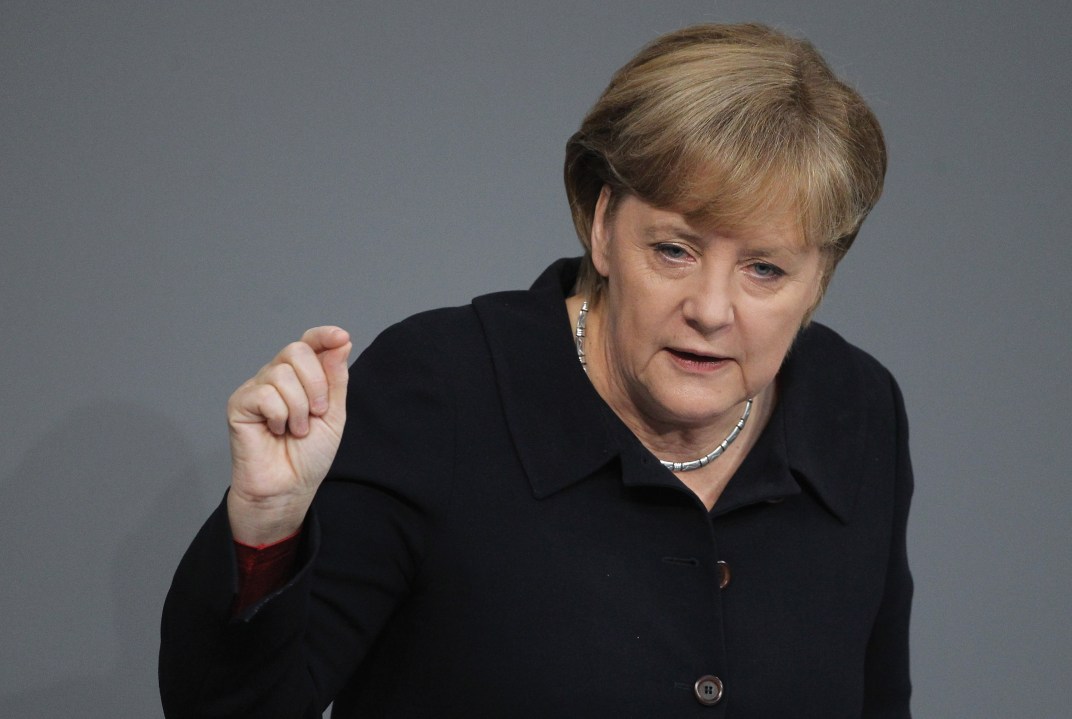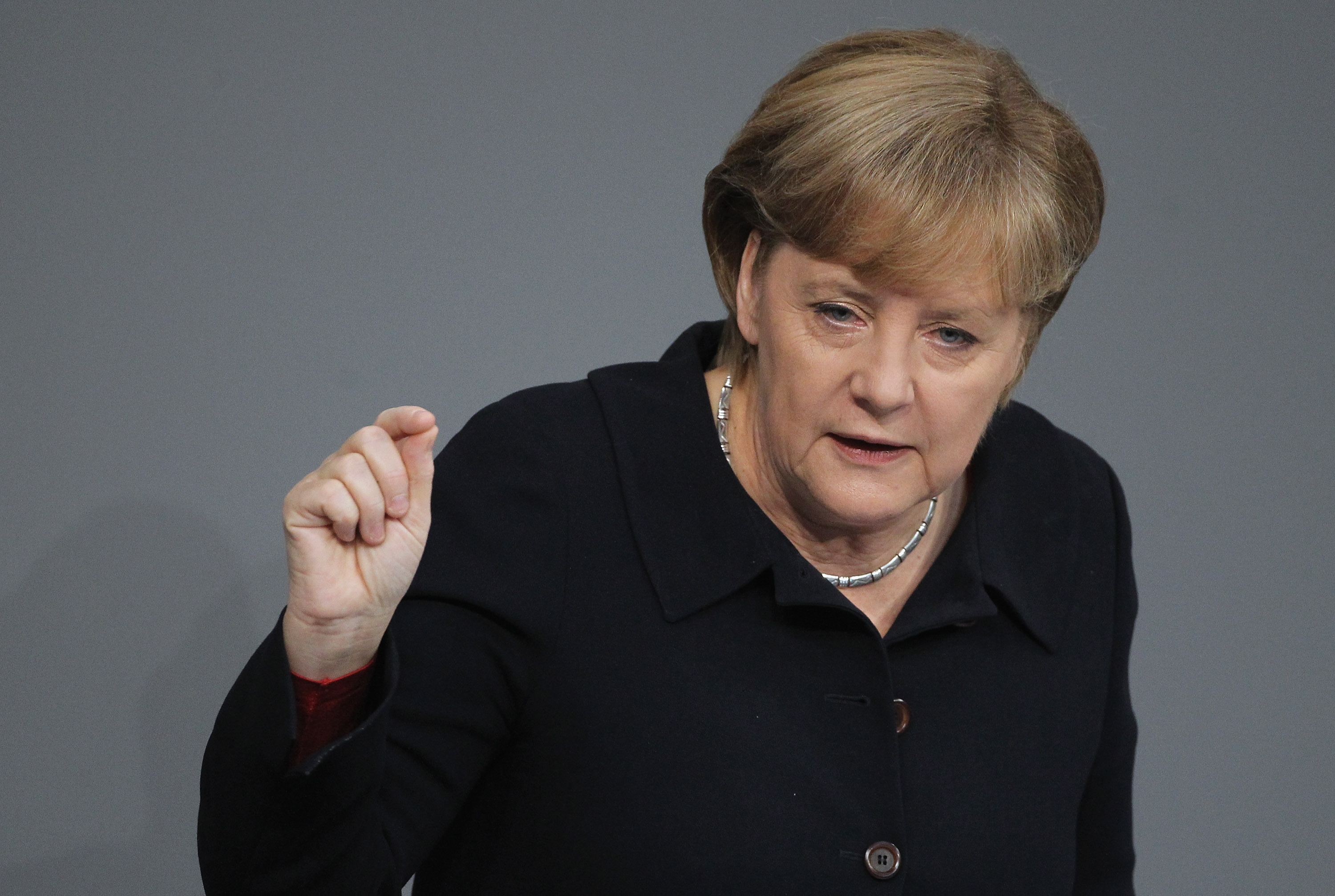 Few people have been as vindicated about the failings of the euro as Marty Feldstein,
who was chairman of the Council of Economic Advisers under Reagan. In 1997 he wrote a
piece for Foreign Affairs called ‘The EMU and International Conflict’. In it, he argued that far from furthering peace and stability in Europe, the Euro would actually endanger it. Watching the
events of the past few months, few could disagree with him.
Few people have been as vindicated about the failings of the euro as Marty Feldstein,
who was chairman of the Council of Economic Advisers under Reagan. In 1997 he wrote a
piece for Foreign Affairs called ‘The EMU and International Conflict’. In it, he argued that far from furthering peace and stability in Europe, the Euro would actually endanger it. Watching the
events of the past few months, few could disagree with him.
Feldstein has now returned to the debate pointing out that none of the current fixes being suggested will solve the single currency’s problems. He writes:
Feldstein was right in 1997, and he’s right again today.‘Although the form of political union advocated by Germany and others remains vague, it would not involve centralized revenue collection, as in the US, because that would place a greater burden on German taxpayers to finance government programs in other countries. Nor would political union enhance labor mobility within the eurozone, overcome the problems caused by imposing a common monetary policy on countries with different cyclical conditions, or improve the trade performance of countries that cannot devalue their exchange rates to regain competitiveness. The most likely effect of strengthening political union in the eurozone would be to give Germany the power to control the other members’ budgets and prescribe changes in their taxes and spending. This formal transfer of sovereignty would only increase the tensions and conflicts that already exist between Germany and other EU countries.’
None of the solutions being proposed by Sarkozy and Merkel address the fundamental fact that Europe is suffering from an exchange rate crisis as well as a debt crisis. This exchange rate crisis cannot be resolved within the confines of the euro.








Comments